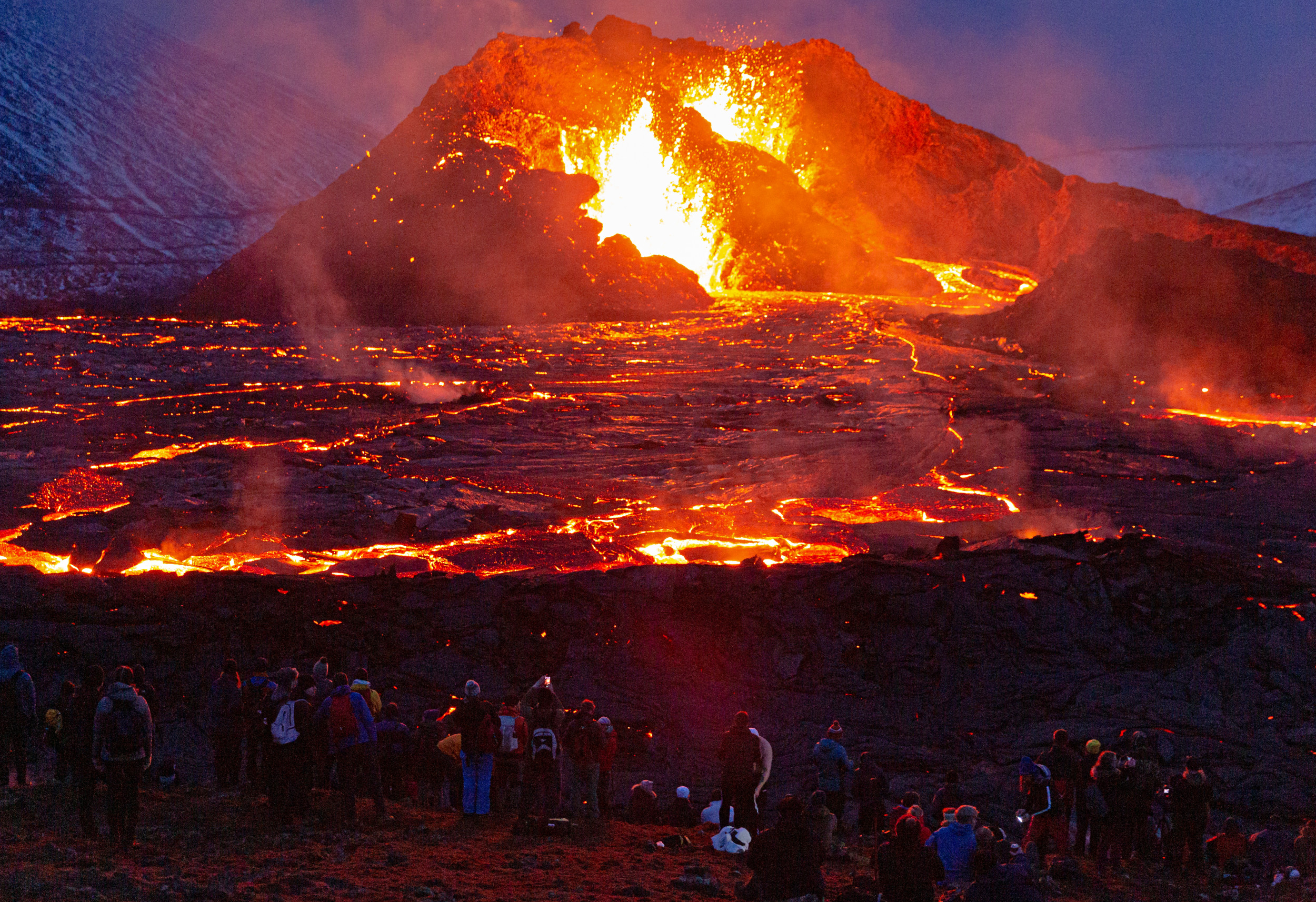Volcanoes have been in the news recently, with more and more eruptions. We are tempted to ask why people choose to live so close to volcanoes, knowing of the possibility of having everything they own obliterated by an eruption (and possibly endangering or losing their lives).
However, people fail to realize that their own anger (often churning inside of them) is a volcano just waiting for an opportunity to erupt. Life experiences and disappointments contribute to the underlying angst that leads to anger. Then, in a moment, it explodes into full view, by what they do or say.
In adoption, a delicate dance of emotions goes on between the adoptive parents and child(ren). The children who have been adopted have been exposed to a variety of challenges to their security and sense of worth. One minute it seems as though the child is doing well with the adoption, and the next not. The explosion may be violent, or the child may express their dissatisfaction gradually (such as with passive-aggressive behaviors). Asking questions like “Why are you angry?” may not help the child process their feelings.
This may be countered by a parent’s frustration over a child’s behavior(s), resulting in punishment or withdrawal (such as asking oneself the question, “Why doesn’t this child appreciate what I am doing, the love I am giving him/her, etc.?”). This may be a manifestation of a parent’s expectation that their child(ren) will behave in a certain way or live like the parent wants them to live. All the while, the parent does not realize that the child may not be deliberately seeking to antagonize the parent, but is merely acting out their own hurts.
While we may not be able to stop the eruption of the volcano, there are ways to minimize its destruction (say, through preparation and evacuation). In our lives, we also can seek to mitigate the responses of ourselves and our children. The first is to surrender our expectations back to God and allow Him to manage them. This is like injecting cold water to the base of a volcano to mitigate the disaster. Another is to keep a close monitor on our own emotions and those of children. Taking time to talk before things are stressful and tense is an important method of sizing up how quickly a child is about to explode. Just as warning systems are in place in areas around volcanoes to disseminate the likelihood of an impending eruption, so the family needs to be prepared for the eventual blast of the child (including finding him/her a safe place or means to melt down). Having fun and/or exercising together may also help defuse a stressful situation.
Once the feelings have dissipated, the relationship between parent and child needs to be restored as soon as possible. This may take the form of the parent asking for forgiveness if they have been at fault. Our children need to see us as being vulnerable, and doing so makes it easier for them to open up and be vulnerable. Prayer is another key component in restoration, and prayer needs to be incorporated into the family dynamic. Even a child who has blown up should be given the opportunity to pray with the family.
What have you found helpful in dealing with the emotions of adoption? Please comment in the box below.


 Marcellus George and his loving wife are the adoptive parents of (now adult) twin sons. He is the author of numerous articles and devotions, has a Ph.D. in theology...
Marcellus George and his loving wife are the adoptive parents of (now adult) twin sons. He is the author of numerous articles and devotions, has a Ph.D. in theology...
0 Comments